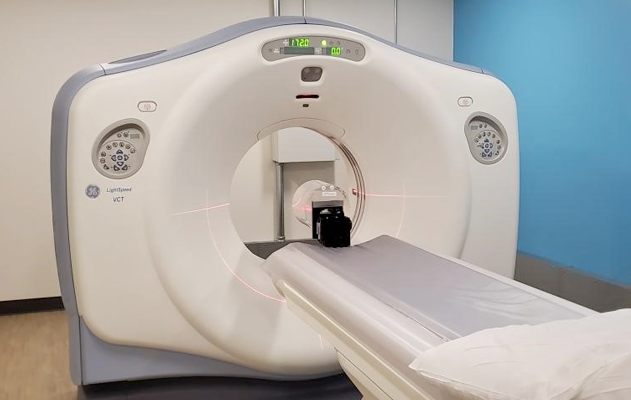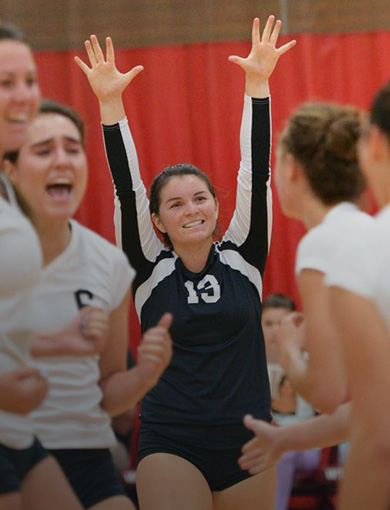CT Scans
What is a CT scan?
A CT scan is a technically complex diagnostic imaging system that is noninvasive, fast, and painless. It combines x-rays with computer technology to produce images at different angles to diagnose injuries of the bones, soft tissues, and joints. The captured images are sent to a computer that interprets the data and displays it on a monitor. It provides more information than an X-ray, and less detail than an MRI. Sometimes a contrast agent or dye will be used to reveal and define structures of concern.

When is a CT scan used?
It is used to assess damage to the tissues and joints when x-rays alone are insufficient. CT scans are often used to evaluate severe trauma to the brain, spinal cord, chest, abdomen, and pelvis including damage to muscles, nerves, and blood vessels, as well as complex fractures. It is also able to reveal internal injuries and bleeding. Your Orthopedic Associates of Northern California surgeon may order a CT scan to guide treatment and determine if treatment is working.
What is it like to have a CT scan?
You must be prepared to remove all metal objects, dentures, etc. as they can interfere with the imaging. You will change into a hospital gown. You will be instructed to lie on a table that slides into a circular tunnel inside the machine that slowly moves in and out while the machine rotates around your body taking x-rays from different angles. Your technician will communicate with you through an intercom.
The computer combines the x-ray images to create a 3-D image of the body. You must lie still as movement can blur the x-rays. You may be asked to hold your breath at certain times. It usually takes about 30 minutes. When the scan is finished it is sent a radiologist for review. The results will be sent to your doctor who will explain the results to you.
What are the risks?
Ionizing radiation accumulates over your lifetime and can damage your cells. The amount of ionizing radiation from a CT scan is minimal, so the risk is very small.
If you have contrast material injected or taken orally you may have a reaction such as a rash if you are allergic to the contrast material. This is why it is important to tell us about any allergies you have to shellfish, iodine or medications. If you take metformin, you will be advised to stop using it it prior to a CT scan study using intravenous contrast materials. All patients who will receive a CT scan are informed about the risks and precautions that are required to have a CT scan.
Imaging studies help your Orthopedic Associates of Northern California surgeon to assess an orthopedic injury, confirm a diagnosis, guide treatment, and determine how treatment is working including joint replacement.
At OANC our patients come first. That is why we have invested in a CT scanner and other high-tech solutions to deliver the best orthopedic care available.





